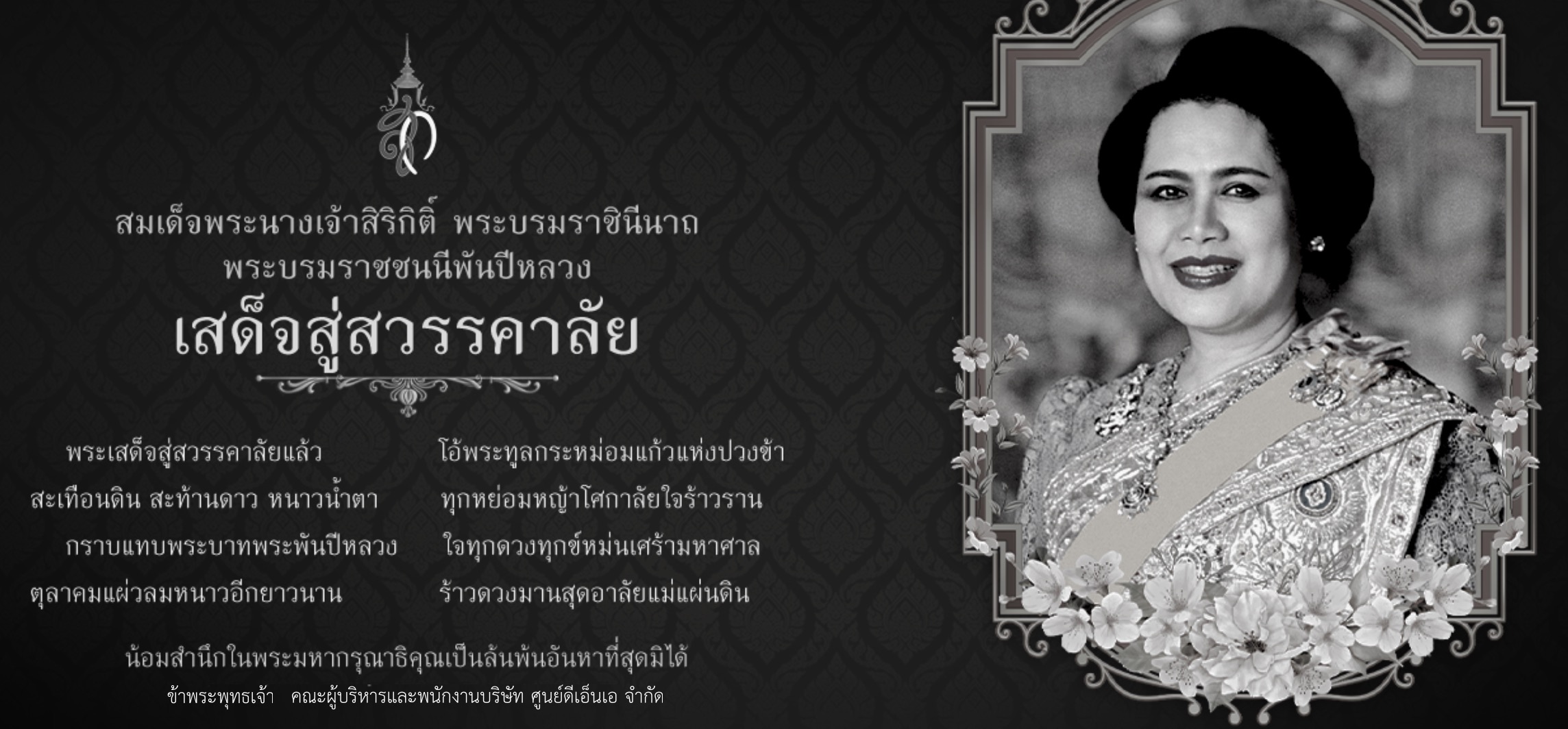
Black Women Have Higher Rates of Abnormal BRCA Genes Than Previously Thought
Black women are much more likely to be diagnosed with triple-negative breast cancer, which can be more aggressive, harder to treat, and more likely to come back (recur).
Triple-negative breast cancer is:
It’s also been known for more than 20 years that black women have worse survival rates than white women after a breast cancer diagnosis. Researchers have been trying to figure out why this is.
A study suggests that young black women have a higher rate of abnormal BRCA1 or BRCA2 genes than previously believed.
The study was published online on Aug. 19, 2015 by the journal Cancer. Read the abstract of “A high frequency of BRCA mutations in young black women with breast cancer residing in Florida.”
Most inherited cases of breast cancer are associated with one of two abnormal genes: BRCA1 (BReast CAncer gene one) or BRCA2 (BReast CAncer gene two).
Everyone has BRCA1 and BRCA2 genes. The function of the BRCA genes is to repair cell damage and keep breast cells growing normally. But when these genes contain abnormalities or mutations that are passed from generation to generation, the genes don't function normally and breast cancer risk increases.
Women with an abnormal BRCA1 or BRCA2 gene:
It’s estimated that about 5% of women diagnosed with breast cancer in the Unites States have an abnormal BRCA1 or BRCA2 gene. Still, this estimate is based on research done in mainly non-Hispanic white women.
In this study, the researchers wanted to know how common abnormal BRCA1 and BRCA2 genes were in younger black women diagnosed with breast cancer.
To do that, they used the Florida Cancer Registry to recruit 396 black women diagnosed with breast cancer between 2009 and 2012 into the study. All the women were age 50 or younger when diagnosed. All the women had genetic counseling, filled out a study questionnaire, and then had genetic testing.
The researchers found that 49 of the women -- 12.4% -- had an abnormal BRCA1 or BRCA2 gene.
More than 40% of the women with an abnormal BRCA gene had no close relatives with breast or ovarian cancer. This suggests that family history alone may not be enough to identify black women at high risk of having an abnormal BRCA gene.
"Our results suggest that it may be appropriate to recommend BRCA testing in all black women with invasive breast cancer diagnosed at or below age 50," said Tuya Pal, M.D., clinical geneticist at the H. Lee Moffitt Cancer Center and Research Institute, who led the study.
Still, according to earlier results published by the same group of researchers, many minority women don’t have recommended genetic testing and counseling, either because their doctors don’t suggest it or they choose not to have it if their doctor does recommend it.
If you and/or some of your family members have been diagnosed with breast cancer, you may be interested in having genetic testing done. You’re much more likely to have an abnormal breast cancer gene if:
If any of the items above are true for either side of your family, you may be a candidate for genetic testing. You may want to meet with a genetic counselor, a medical professional specially trained to understand and provide information about genetics and disease. To find a genetic counselor who specializes in family-related cancer risk, talk to your doctor or check with the hospitals and cancer centers in your area.
For more information on BRCA1 and BRCA2 testing, as well as steps you can take to lower your risk if you know you have an abnormal BRCA1 or BRCA2 gene, visit the Genetics page in the Breastcancer.org Breast Cancer Risk Factors section.

บริษัท ศูนย์ ดี เอ็น เอ จำกัด
DNA CENTER CO., LTD.
ที่อยู่:100/57 ถนนเศรษฐศิริ เขตดุสิต กรุงเทพฯ 10300
เบอร์โทร:0-2668-3129 , 0-2241-1845, 062-5711927
Line ID: dna957 แฟกซ์: 0-2241-2137
เปิดทำการ :
ทุกวัน : 9.00-20.00 น.
Copyright © 2025 บริษัท ศูนย์ ดี เอ็น เอ จำกัด . All rights reserved.